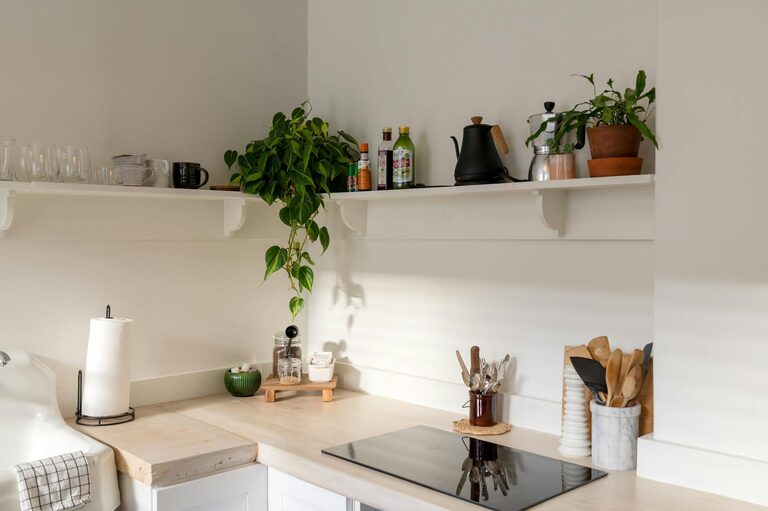
Taking a break from the busy workweek is essential for our mental and physical wellbeing. But sometimes, weekends can feel just as hectic, leaving you more stressed than rested. Planning a no-stress weekend takes a bit of intentional effort, but it’s worth it. When done right, your weekend can recharge your energy, reduce anxiety, and improve your overall happiness.
In this post, we’ll explore practical steps to help you plan a weekend that’s both enjoyable and calming. Whether you want to spend time alone or with loved ones, these ideas can help you make the most of your days off.
Why Planning a No-Stress Weekend Matters
Without planning, weekends can easily fill up with chores, errands, and social obligations that add pressure rather than relieve it. A thoughtfully planned weekend prioritizes rest and enjoyment, giving your mind and body a true chance to recover.
Benefits include:
– Reduced anxiety and mental clutter
– Improved sleep quality
– Increased energy for the week ahead
– Better focus and mood
Now, let’s look at simple ways to prepare for your ideal stress-free weekend.
Step 1: Set Clear Intentions
Before the weekend arrives, think about what you want to get from it. Ask yourself:
– Do I want rest, adventure, connection, or creativity?
– What activities help me relax or bring joy?
– Are there any tasks I can postpone or delegate?
Write down your intentions. For example, “I want to relax with a good book and take a walk outside,” or “I want to spend quality time with family without rushing.”
Having clear goals helps you avoid last-minute scrambling and say no to things that don’t align with your needs.
Step 2: Keep Your Schedule Light and Flexible
Overloading your weekend with plans can make it stressful. Instead, try to:
– Leave plenty of open blocks for spontaneous activities or rest
– Limit commitments to what truly matters to you
– Schedule downtime after social events to recover
Use your intentions as a filter when accepting invitations or making plans. Remember, flexibility is key to reducing pressure.
Step 3: Prepare in Advance
The less you have to do on the weekend, the more you can relax. Consider:
– Doing grocery shopping and meal prep on Friday or earlier
– Setting reminders for important chores and splitting them into smaller tasks
– Charging devices, organizing your space, and setting up relaxing environments (like candles or music)
These small actions leave you free to enjoy your weekend instead of rushing around.
Step 4: Create a Relaxing Environment
Your surroundings greatly influence your mood. Try to create a peaceful and comfortable space by:
– Decluttering main living areas
– Adding cozy lighting such as soft lamps or candles
– Playing calming music or nature sounds
– Having comfy blankets and cushions accessible
A clean, inviting space encourages rest and makes it easier to unwind.
Step 5: Focus on Activities that Recharge You
No-stress weekends should include activities that replenish your energy. Consider:
– Going for walks or gentle hikes in nature
– Practicing mindfulness, meditation, or gentle yoga
– Reading, journaling, or engaging in a hobby you enjoy
– Spending quality time with family or friends without distractions
– Taking naps or enjoying a long bath
Choose what feels right for you and avoid forcing activities just because they seem “productive.”
Step 6: Limit Screen Time and Work
Digital overload can increase stress, so try to:
– Set specific times to check emails or social media
– Avoid work-related tasks entirely, if possible
– Use apps to reduce distractions or track your screen time
This creates space for real-world connections and deeper relaxation.
Step 7: Practice Self-Compassion
Remember that a no-stress weekend isn’t about perfection. Some days may feel more restful than others, and that’s okay. Be kind to yourself by:
– Letting go of “should” statements like “I should be productive”
– Accepting that rest is valuable in itself
– Adjusting plans as needed based on how you feel
Self-compassion reduces anxiety and increases satisfaction with your free time.
Sample No-Stress Weekend Schedule
Here’s an example schedule that balances rest, self-care, and light activity:
Saturday
– Morning: Sleep in, enjoy a leisurely breakfast
– Midday: Take a walk or visit a local park
– Afternoon: Read or do a hobby you love
– Evening: Cook a simple meal, relax with music or a movie
Sunday
– Morning: Gentle yoga or meditation session
– Midday: Connect with family or friends over lunch
– Afternoon: Take a nap or soak in a bath
– Evening: Prepare for the upcoming week by organizing, then unwind early
This flexible framework helps you avoid busyness while staying engaged.
Final Thoughts
Planning a no-stress weekend means putting your wellbeing first by setting boundaries, choosing restful activities, and creating a calm environment. With a few simple steps, you can turn your weekends into meaningful breaks that boost your energy and mood.
Try incorporating some or all of these tips for your next weekend, and notice how you feel more refreshed and ready for the week ahead.
—
We’d love to hear how you plan your stress-free weekends! Share your favorite tips or activities in the comments below.




